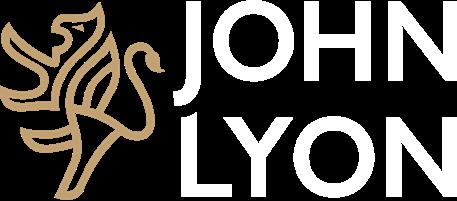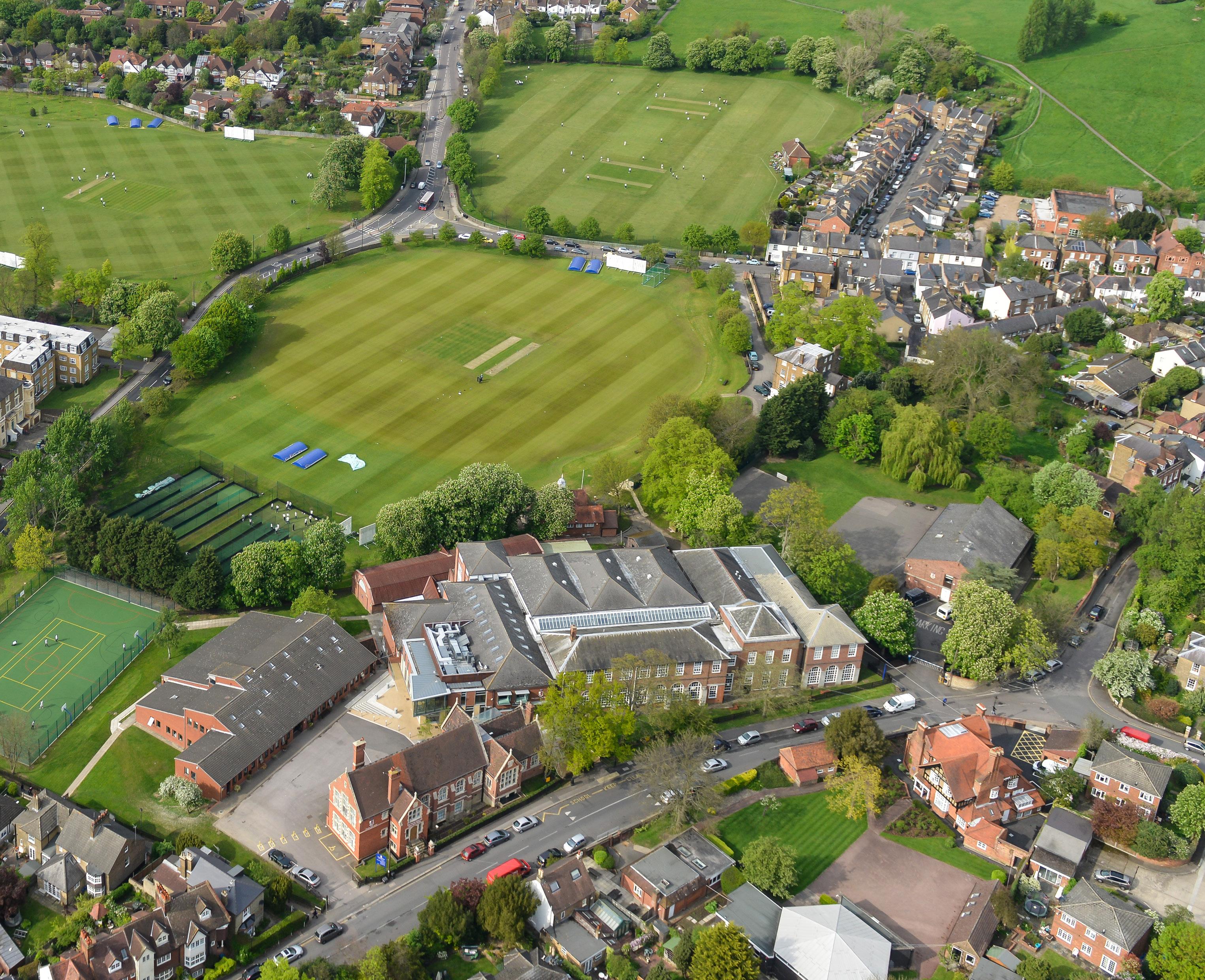SIXTH FORM INFORMATION







www.johnlyon.org/values
Sixth Form at John Lyon is an exciting, challenging and rewarding experience
• Excellent academic achievement - ISI
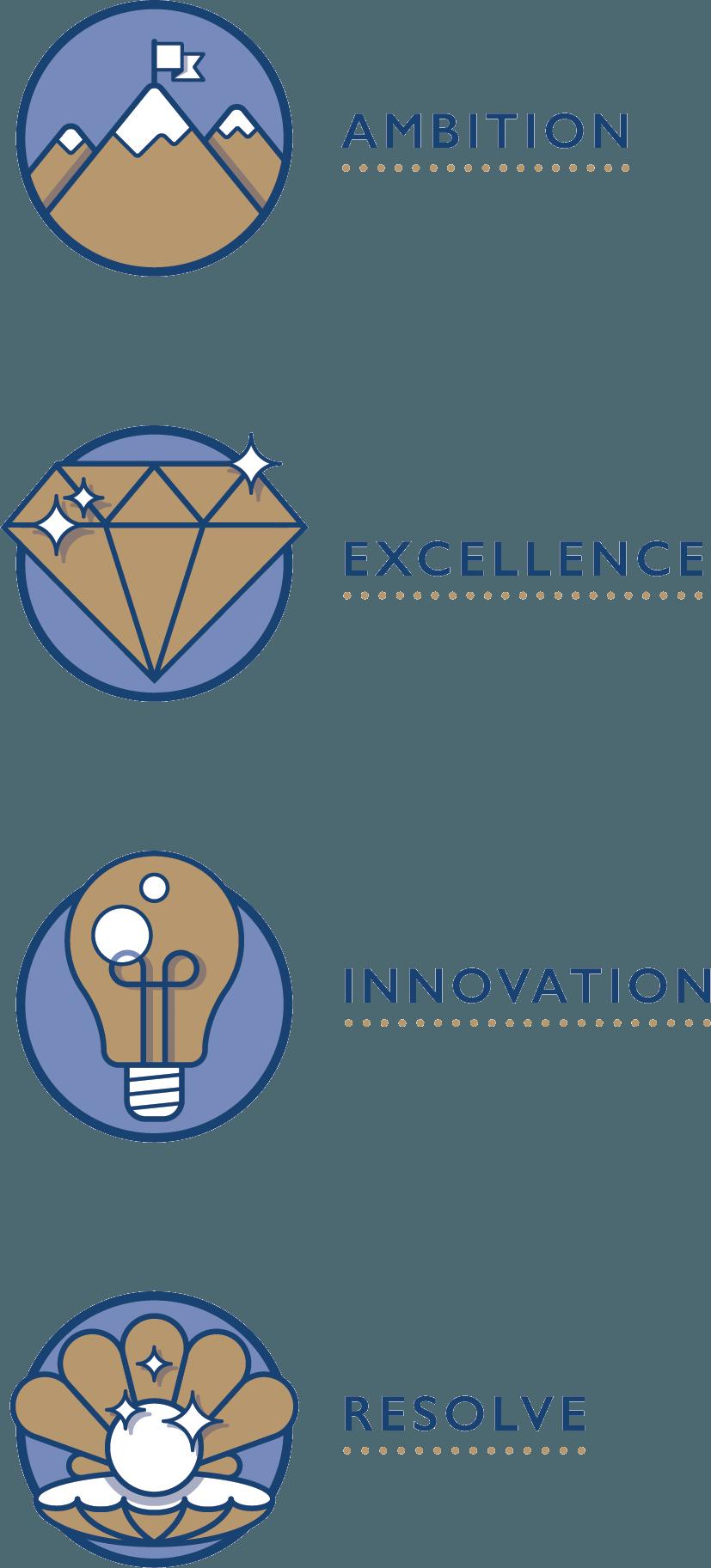
• Excellent personal development - ISI
• Small class sizes where students receive individual attention
• Highly supportive pastoral care
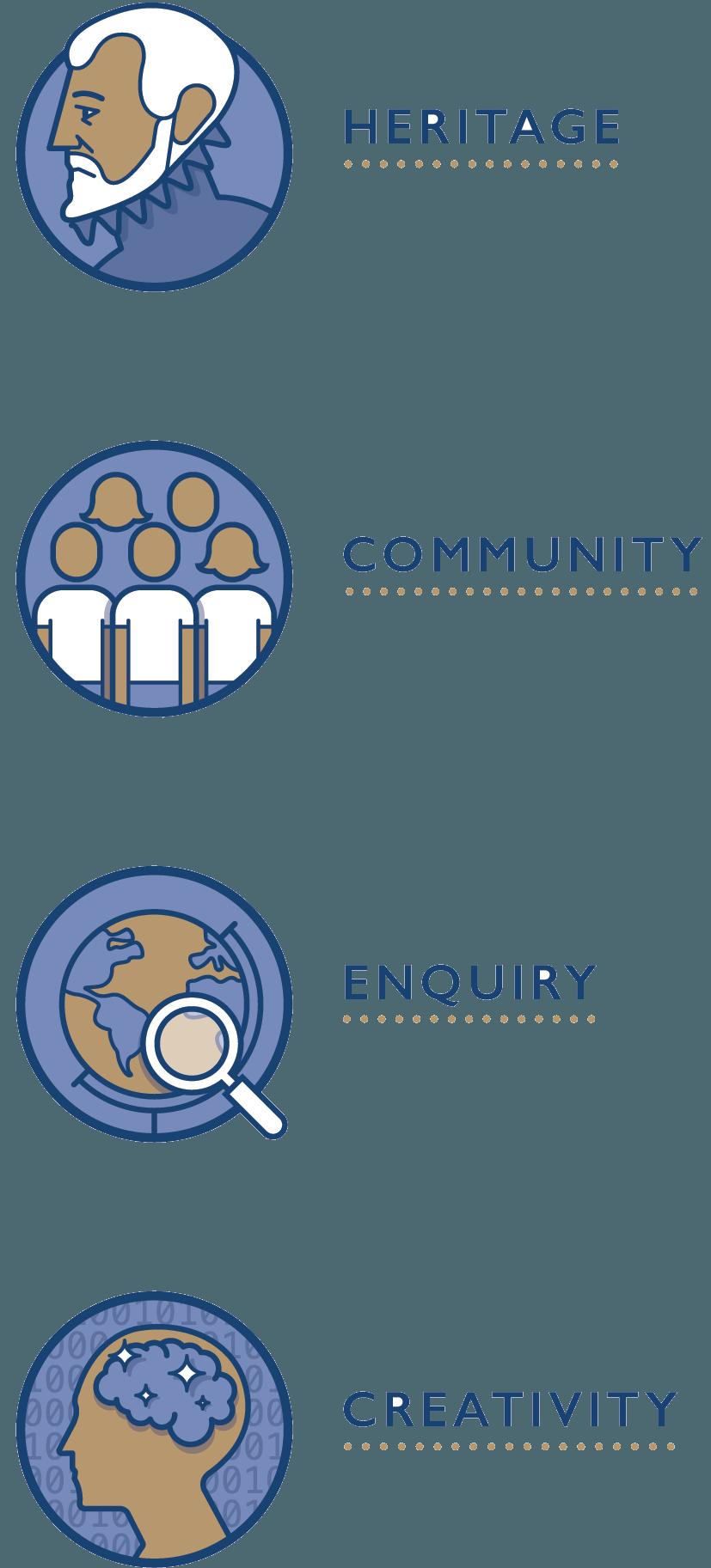
• Wide-ranging academic enrichment
• Rewarding relationships with peers and staff
• A happy supportive community
• Opportunities beyond the classroom
• Tailored university application support
• Successful outcomes for each individual
• Access to high-quality sport, music, drama and art
• Part of the Harrow Family of Schools, providing a global perspective
Sixth Form at John Lyon is an exciting, challenging and rewarding experience. Our students not only receive teaching described by the Independent Schools Inspectorate as ‘excellent’, but also benefit from an outstanding extra-curricular experience that helps them to grow into well-rounded young people ready to move on to university and beyond.
Each year the vast majority of our (I)GCSE students move into the Sixth Form, where they are joined by new students from outside the school – from both independent and state education – to make the most of the crucial last two years of secondary education.

At John Lyon, we are hugely proud of our Sixth Form community and the great diversity of talents that flourish within it. We believe there is no better place to prepare for life beyond school: all our students receive the focused and individual support required to become truly independent students and ultimately join the workforce equipped for what the future has to offer.
Our Sixth Form is a close-knit community with high academic standards. It is set in the centre of the School site in the beautiful original Victorian school building, the Thomas Blackwell Sixth Form Centre. The Sixth Form houses facilities for the exclusive use of Sixth Formers: a common room (with pool table), quiet study area, IT suite and a kitchen, as well as Sixth Form classrooms and offices for the Head of Sixth Form, Sixth Form Heads of Year, the Elite Universities Programme and UCAS Coordinators. Sixth Form
students also have exclusive use of the Ernest Young Café, as a space to socialise, eat and study.
This booklet aims to give a flavour of Sixth Form life and to guide students and families through the subject selection process. For students already studying (I) GCSEs at John Lyon, there are also many members of staff who can advise on subject choices. Form Tutors, the Head of Year 11, Mr Alex Ferguson, and Head of Upper School, Mr Thomas Yardley, will know each pupil’s strengths; as will Heads of Department, who can also provide details of course content and advise on suitability.
For questions about A-Level requirements for university courses or career options, the Head of Sixth Form, Rev Stephen Mepham, the UCAS Coordinator, Mr Nicholas Arratoon, and Careers Advisor, Mrs Charn Bamrah, stand ready to advise.
Rev S Mepham
Head of SixthForm
SRM@johnlyon.org
Mr R Lokier
Directorof Studies
RCL@johnlyon.org
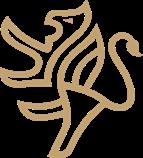
All of the Sixth Form journey revolves around the Goldhawk Diploma, giving expression to our belief in an all-round education. Our focus in the Diploma on Leadership and Community, Academic Enrichment, Life Skills, Careers Development and Extra-Curricular involvement highlights this. Taken alongside their core academic studies, the Diploma provides a focus for students’ personal development, helping them to develop the personal skills necessary to live a fulfilling and successful life. As students undertake the Diploma, our School Values guide them in reflecting on areas for personal growth.
The Goldhawk Diploma is named after N P Goldhawk (OL), Head Boy from 1925-26, who epitomises our vision of a John Lyon Sixth Former. Highly successful academically, and an all-rounder, Goldhawk served the school impeccably also as Head of House, Captain of the 1st XI cricket team, Editor of the Lyonian Magazine, School Librarian and Chair of the Senior Debating Society.
The heart of the Goldhawk Diploma is rightly A-Level study. All the elements of the Diploma support academic achievement, as it is our experience that students who commit to all the Sixth Form has to offer are also the students who succeed most highly at A-Level.
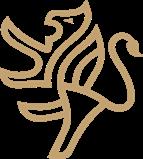
Recognising the considerable step up between GCSEs and A-Levels, students are supported to successfully make the transition by our academic departments and the Sixth Form. Sixth Form tutors guide students through an induction programme developing the study skills and habits required at A-Level. Throughout their Sixth Form journey students are encouraged to enhance their study and revision skills through the tutor programme as they approach higher education.
Throughout Sixth Form, students have the opportunity to develop highly prized soft skills, such as communication, teamworking and empathy. In exploring personal and global issues we promote the well-being
and resilience of students, especially in our extensive tutor programme and weekly Goldhawk Lectures. Lower Sixth students experience a week of Enrichment focussing on the development of personal skills.
We encourage our Sixth Formers to be student leaders in the School. Upper Sixth students have the opportunity to join the Head Boy Team, overseeing charity events, the production of Sixth Form publications, coordinating the student mentoring programme, promoting awareness of equality and diversity issues, leading the School’s sustainability drive, promoting academic excellence and enrichment in the Sixth Form and wider school, leading the student council and developing links between students and the wider Lyonian Community. As prefects, other students have the opportunity to support the above areas, to serve on the duty rota and to act as ambassadors for the School at events. Students also have the opportunity to lead (and found) school clubs, to serve in our Combined Cadet Force as NCOs and in the Audio-Visual Team, to participate in the Duke of Edinburgh Award and to lead one of our many sports teams.
The Blackwell Volunteering Programme
Living out our value of Community, developing leadership, communication and teamworking skills, all Sixth Formers take part in our volunteering programme. Students are either based onsite, working with pupils from our Prep and visiting schools, in art, science, music and maths workshops, or are placed with outside partners, ranging from local schools and food kitchens to food banks and Youth and law centres, students develop precious leadership and teamworking skills.
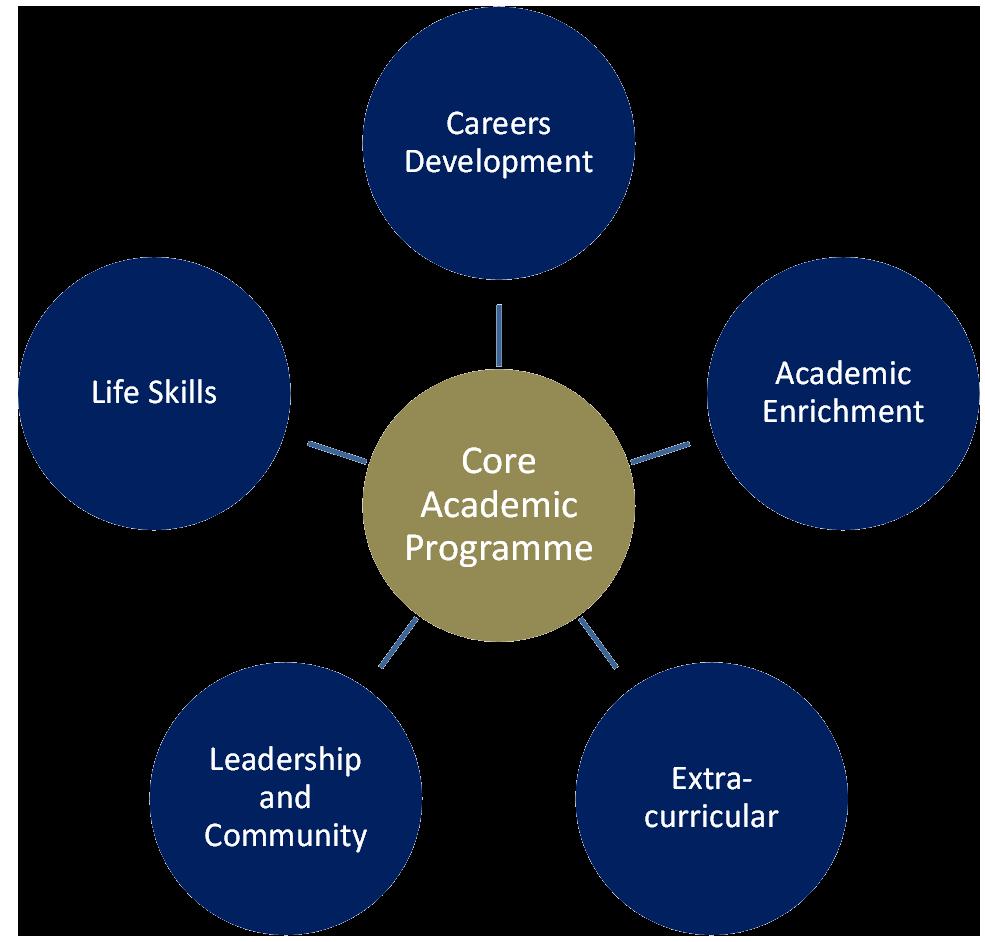
Throughout their Sixth Form journey Sixth Formers receive detailed and bespoke Careers guidance. All Sixth Formers meet individually with the Careers Advisor in the Lower Sixth to discuss career and degree choices.
The Careers Department hosts a Sixth Form Careers Fair, brings OLs and many others into school to share their career advice. Collaborating with the academic
departments and STEMNET, students are introduced to the world of work in the Science, Technology and Finance. Careers also offer a London CityWalk, an assessment day (a hands-on taster day of the popular recruitment methods used by large employers, with an external company), and support degree apprenticeship and apprenticeship applications and gap year planning. All students are encouraged to organise work experience supported by the department.
As a John Lyon Sixth Former, students have access to and are part of a very extensive network of Lyonians working in every sector and across the world. The Careers Department, working closely with the Lyonians Alumni Relations Coordinator, help students to network and draw upon the experience of the wider Lyonian Community and in some cases to obtain work experience.
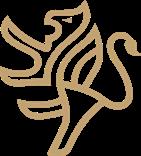
For our many students who perform particularly well at (I)GCSE, the Sixth Form offers preparation for Oxbridge and competitive university applications, as well as for those interested in applying for courses in Medicine, Veterinary Science, Dentistry and Architecture. Students benefit from four strands:
• Science Group
• Maths (including STEP) Group
• Liberal Arts Group
• Biomedical Group.
Aspirational universities and courses may require particular interview skills and entrance tests. Therefore, our Elite University Programme offers a system of seminars, mentors and a written guide, which supports students through the rigorous application process.

All aspects of Sixth Form activity are directed at successful university application. Students are guided through every step of the journey and receive every support in the production of their personal statements by experienced Sixth Form tutors and senior staff.
Course and university selection are advised by the UCAS Coordinator and tutors, and by the academic and Careers departments.
Students seeking to study Medicine, Dentistry,Veterinary Science or Biomedicine are supported by the Biomedical Coordinator individually and through membership of the Biomedical Club. Students are guided on reading to develop an understanding of life as a medical professional and developments in their chosen area of medicine. Skills specific to medical application such as practising suturing and the presentation of scientific research are also developed. Students are individually mentored in the preparation of personal statements and for the UCAT and BMAT medical aptitude tests. Students also receive interview practice for both panel and MMI interviews. Given the highly competitive medical application process students also receive considered advice on the selection of medical schools.
Students have the opportunity to enhance their academic skills through participation in the EPQ, our study skills course, our Excellence and Oxbridge Programmes or our School Hiley Research Project. Students are also encouraged and supported to take the STEM CREST Award, Maths Challenges and the Chemistry Olympiad to name but a few. Sixth Formers are also encouraged to participate in our student-led Academic Society where students present on topics of their own interest in front of their peers and teachers, to attend our JLx sessions and to undertake MOOCs. Our students therefore leave us as independent, self-motivated and curious learners.The John Lyon Excellence team also organises a busy programme of seminars, workshops, competitions and special event lectures from high profile speakers, which are open to all students regardless of their ability.
“Lectures aplenty - pupils can listen to guest speakers at the Talks-on-the-Hill lecture evenings, while ‘JLx’ comprises a series of 15-minute lunchtime lectures led by different departments and designed to showcase an area of learning beyond the school curriculum, such as politics.”
The EPQ is worth 0.5 of an A-Level and well-regarded by leading universities, as it enables students to demonstrate independent learning skills and their readiness for the demands of degree-level study.
The EPQ is an externally assessed independent research project typically taken by able students. It provides a fantastic opportunity for students to develop an interest that is not covered by the curriculum but may be related to their own passion or future career.

For those applying for highly competitive courses the EPQ is a useful way of demonstrating enthusiasm for the subject or in some cases to gain a grade reduction in the offer.
Students research a topic of their choosing and present their findings either as a 5,000-word dissertation, a film, a performance or an artwork.
horizons, as they grow into confident and interesting young people. We expect Sixth Formers to be involved in at least 2 activities each week. Extra-Curricular opportunities range from DofE to STEAM activities such as 3D and Laser Printing, from many sports, art and drama activities to the Robotics club, from Origami to the Sustainability Group.
Universities have a wide array of entry requirements that vary by both institution and course. Most offers relate to an applicant’s best three A-Level grades. It should also be noted that some universities will offer entry to some of their courses on the basis of a two A-Level offer. Since AS-Level no longer exists, (I)GCSE performance will also be a significant factor as to whether an offer is made.
The application for university places takes place through the Universities and Colleges Admissions Service (UCAS). At John Lyon the process is supported by UniFrog, an online platform which allows students access to an extensive and unrivalled bank of resources designed to aid their research, categorisation and selection of universities, courses and careers.
“Pupils display very good study skills. They are taught and practise study skills through subject-specific activities, and extended project qualification (EPQ) and presentations from external organisations. Sixth form pupils describe how completing their EPQ helped to hone their skills. They demonstrate a very good ability to hypthesise.”
The HRP is an internally assessed award, requiring Sixth Formers to complete units on Science/Maths and Humanities/ Arts, providing breadth of understanding. The HRP is both taught and research-led helping students to develop the study skills required for universities. Assessment is by presentation, enabling Sixth Formers to develop their skills and confidence in public speaking.
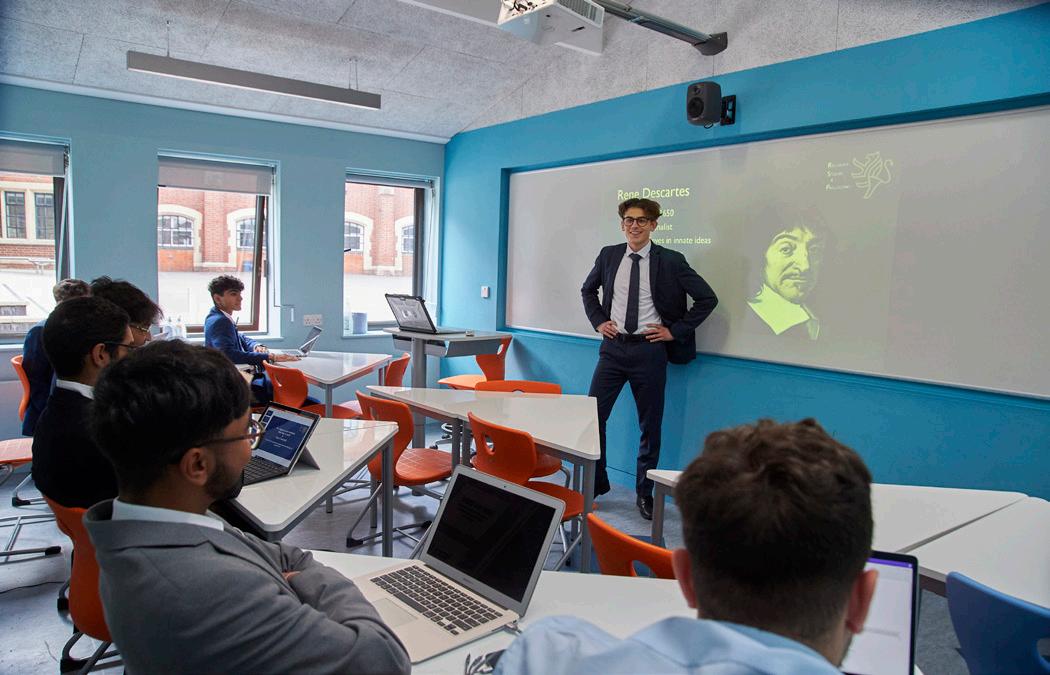
As part of our commitment to an all-round education, Sixth Formers have the opportunity to choose from some 70 clubs (some student- led), opening new
The highest-ranking universities now also require applicants to sit entrance examinations in early November in the year prior to entry. Potential candidates are invited to attend John Lyon preparation classes targeted at their chosen subject and will receive the supervision of a staff mentor to support them through the application process.
To assist A-Level subject selection, the table shown on the following pages lists what are seen as the major courses studied at UK universities alongside their required and/or preferred A-Level subjects. Whilst it is early to be deciding upon a degree course when still in Years 10 or 11, it is important to understand that in not selecting a particular subject, a student may be closing the door on a particular career pathway, e.g. most degrees in Medicine will require an A-Level in Chemistry. The table is intended as a general guide. Courses and entry requirements vary with time and by institution. University websites should be consulted for the most accurate information.
- Good Schools Guide
“University advice up-to-date and thoughtfully tailored to individual needs (including STEP classes for mathematics and Oxbridge preparation programme).”
As in all School years, sport plays an important part in John Lyon Sixth Form life. Excellence in sport is pursued wholeheartedly but the main aim is to cater for every student at his own level of ability, while encouraging enthusiasm for all sports and promoting a healthy lifestyle. Our key objective is to instil a life-long love for sport and the values it embodies. Every student is given the opportunity to play competitively at School should they wish to. We offer a full fixture list in each of our major sports and other individual and team opportunities within the non-traditional sports each term, as well as a proactive inter-House competition throughout the year.
With over 15 sporting disciplines on offer across the year, all students will find themselves involved in one form of physical activity for a minimum of two hours a week. All sport at John Lyon is delivered through expert coaching from dedicated staff and students flourish as they develop team spirit, camaraderie and self-belief. Our facilities include high quality grass pitches and a floodlit AstroTurf at our Sudbury Fields site. At the main School site there is an indoor swimming pool, large fully equipped sports hall, fitness suite with free weights room and an all-weather practice area, all enhancing the high calibre of the sports programme on offer at John Lyon.
or higher in the subjects chosen to study at A-Level. A-Level Mathematics and Further Mathematics have higher requirements. Subjects that are new at A-Level will have requirements from (I)GCSEs that assess appropriate skills, e.g. Economics requires a grade 7 or higher in both English Language and Mathematics.
As an 11-18 school we expect pupils to progress from Year 11 into the Sixth Form. Internal examination results throughout Years 10 and 11 are used to reflect on pupils’ potential for the Sixth Form. Once confident of this, pupils receive an invitation to accept a place providing the entry requirements are met. The highest performing pupils are also invited to sit Sixth Form Scholarship examinations in the Spring Term of Year 11.
We recognise that some pupils develop later than others and treat all pupils as individuals. In cases where there is less certainty of a pupil’s A-Level potential, conditional invitations may be issued. These may require a student to achieve specified targets throughout the Lower Sixth year or that they only choose subjects from a restricted pool.
“John Lyon has helped me grow without moulding me, helped me improve without removing individuality, and I think that is something that is often hard to come by. I consider myself very lucky to have studied here.”
- Daniel Wong, Former Head BoySports timetable:
Autumn term: football
Spring term: hockey, football
Summer term: cricket, athletics
All terms: archery, badminton, basketball, cross country, golf, rock climbing, squash, swimming, table tennis, tennis, water polo
Academic success at A-Level relies on a sound foundation; (I)GCSE grades need to reflect a student’s ability to think at a high level.
In order to proceed automatically to the Sixth Form, it is necessary for a student to achieve a minimum of six (I)GCSEs at grade 6/B, and in most cases a grade 7/A
Sixth Form students select three subjects. We encourage students to focus on the subjects in which they achieved the highest (I)GCSE grades, while also giving the option to study Sixth Form only subjects that may complement their skills, for example an A-Level in Economics for a student who shows strength in Mathematics.
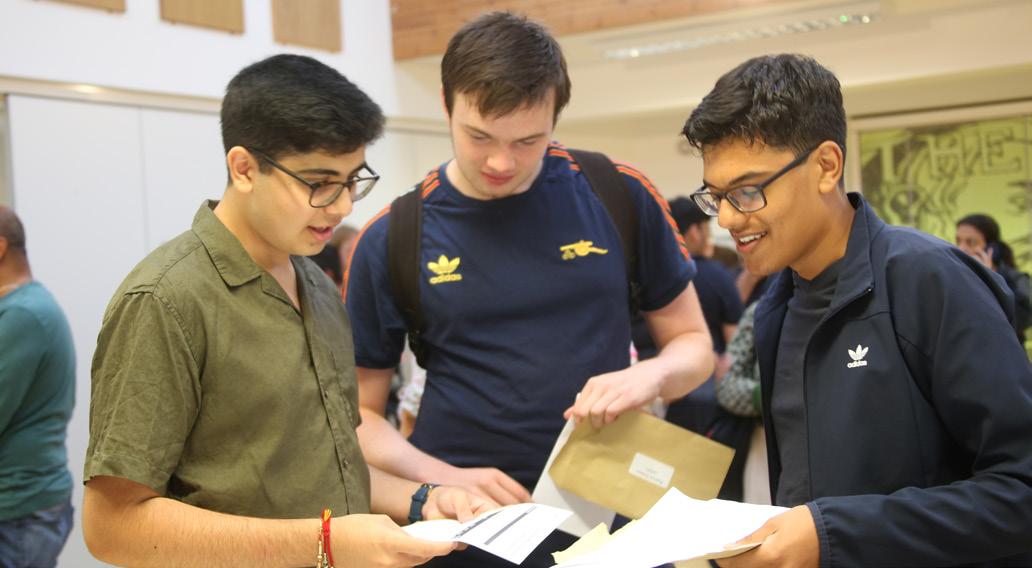
Those who attain at the highest levels throughout Year 11 may wish to apply to study certain subjects as a fourth A-Level, following discussion and with the approval of the Head of Sixth Form.
In the Summer term of the Lower Sixth, students sit formal internal examinations, our University Prediction examinations, to assess their progress and help form the basis for predicted grades for university applications. A-Level examinations are sat in the Summer Term of the Upper Sixth.

We encourage students to study a range of subjects offering academic breadth through the logical mixing of arts, sciences, humanities and languages. Students are encouraged to think carefully about what degree and career pathways might become available to them by the combination of subjects they study.We aim to meet the wishes of every student and will certainly cater for the most obvious combinations, e.g. Mathematics with sciences; Economics with Politics; English Literature with Latin.Whilst we can usually cater for some unique combinations, due to timetabling constraints it is not possible to offer every combination of the 23 subjects available.
We intend to offer the following subjects in 2024-2026:
Art and Design
Biology
Business*
Chemistry
Classical Civilisation*
Classical Greek Computer Science
Drama and Theatre Studies
Economics*
English Literature
French
Geography
*Subjects unique to Sixth Form study.
History
Latin Mathematics
Further Mathematics
Music
Music Technology*
Philosophy*
Physics
Politics*
Psychology*
Spanish
The viability of any course may be reviewed in the event of low interest.
“Both older and younger pupils appreciate the benefit that subject-specific academic mentors bring themselves in lessons and extra-curricular clubs. Pupils in Year 7 were overwhelmingly positive about the support provided to them by the senior prefects in the first few weeks of September.”
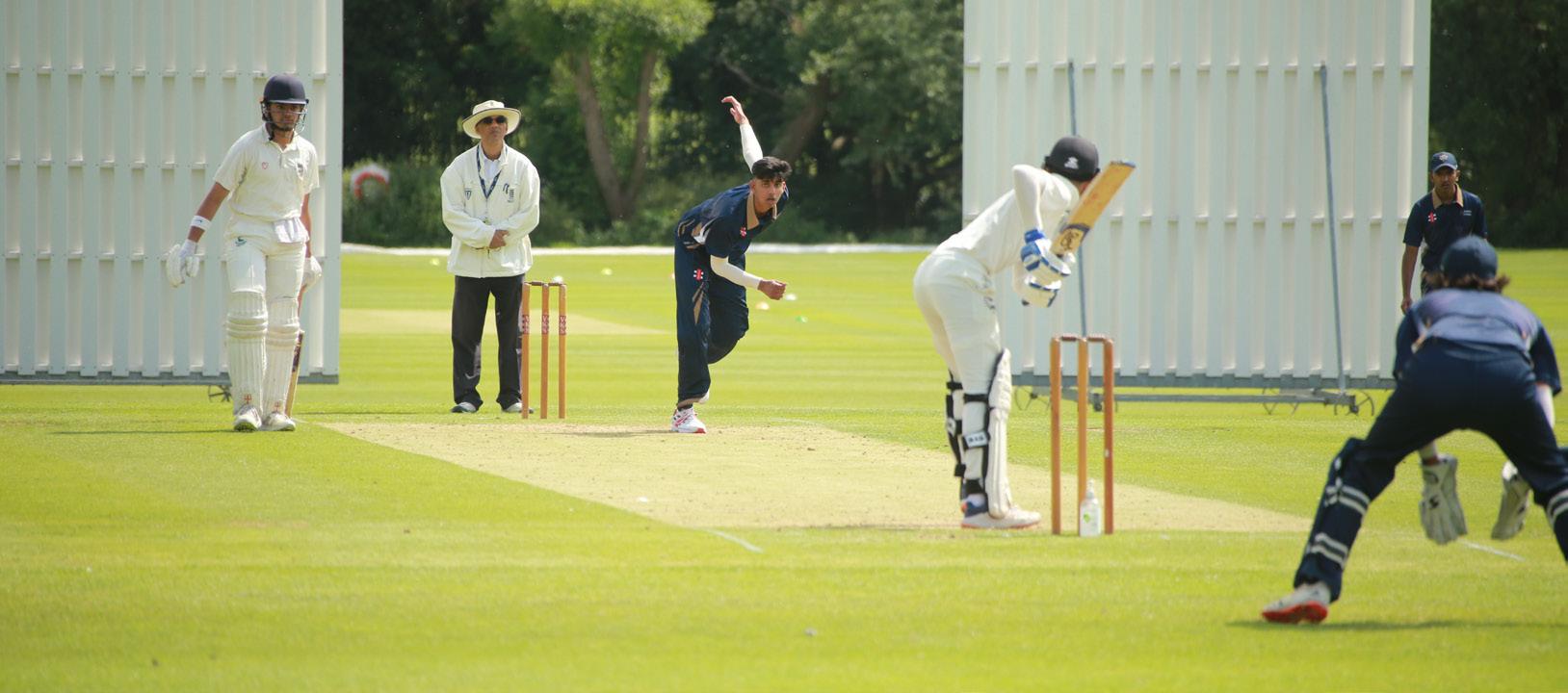
- Independent Schools Inspectorate
Rev Stephen Mepham Mr Nicholas Arratoon Head of Sixth Form UCAS Coordinator SRM@johnlyon.org NGA@johnlyon.org
Mrs Charn Bamrah Mr Michael Fletcher Careers Advisor Head of Careers Charn.Bamrah@johnlyon.org MRF@johnlyon.org
Dr Morgan White Mr George McCastman Elite Universities Coordinator Biomedical Coordinator MEW@johnlyon.org GMM@johnlyon.org

A-Level Options Information Evening
Thursday 18 January 2024
Deadline for A-Level Choices*
Monday 5 February 2024
(I)GCSE Results and Confirmation of A-Level Subjects
Thursday 22 August 2024
Sixth Form Induction Programme
September 2024
*After this date, changes to a student’s subject choices may still be possible but only if the new subject combination fits within the timetable.
Accountancy, Finance and Management
Agriculture
Mathematics preferred, sometimes required. Economics or Business helpful.
Two sciences. Chemistry often required, Biology often preferred.
Archaeology and Anthropology Courses are typically sufficiently flexible to allow any subject background. Some programmes do require a science.
Architecture Mathematics and Physics might be required. An arts subject may be preferred. An Art/Design portfolio likely to be required.
Art and Design A-Level Art (2D or 3D) required, with portfolio of work.
Biochemistry Chemistry and Biology required. Mathematics preferred.
Biological Sciences Biology and Chemistry required.
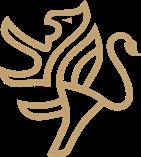
Chemical Engineering Chemistry and Mathematics required. Physics preferred.
Chemistry Chemistry required. Two from Mathematics, Biology and Physics preferred.
Computer Sciences Mathematics and sometimes Physics required. Further Mathematics helpful.
Dentistry Chemistry and/or Biology required.
Economics Mathematics/Further Mathematics required at top universities. Economics preferred. For some universities, such as Durham and LSE, Further Mathematics only counts as part of four A-Levels.
Engineering Mathematics and Physics required. Further Mathematics an advantage.
English English Literature required for an English Literature degree or any other English degree course, e.g. Creative Writing or Communication. Geography Geography required.
Geology
Two or three from Geography, Chemistry, Physics, Mathematics, Biology required.
History History required. A modern language helpful for Modern History.
Law
Very high grades more important than specific subjects. An essay-based subject desirable.
Materials Science Physics and Mathematics required. Chemistry helpful.

Mathematics Mathematics required. Further Mathematics preferred. Physics helpful.
Medicine Chemistry almost always required. Biology highly recommended, an additional science or Mathematics sometimes preferred. Some admissions tutors regard an essay-based subject or a language as interesting. High grades in all GCSE subjects required.
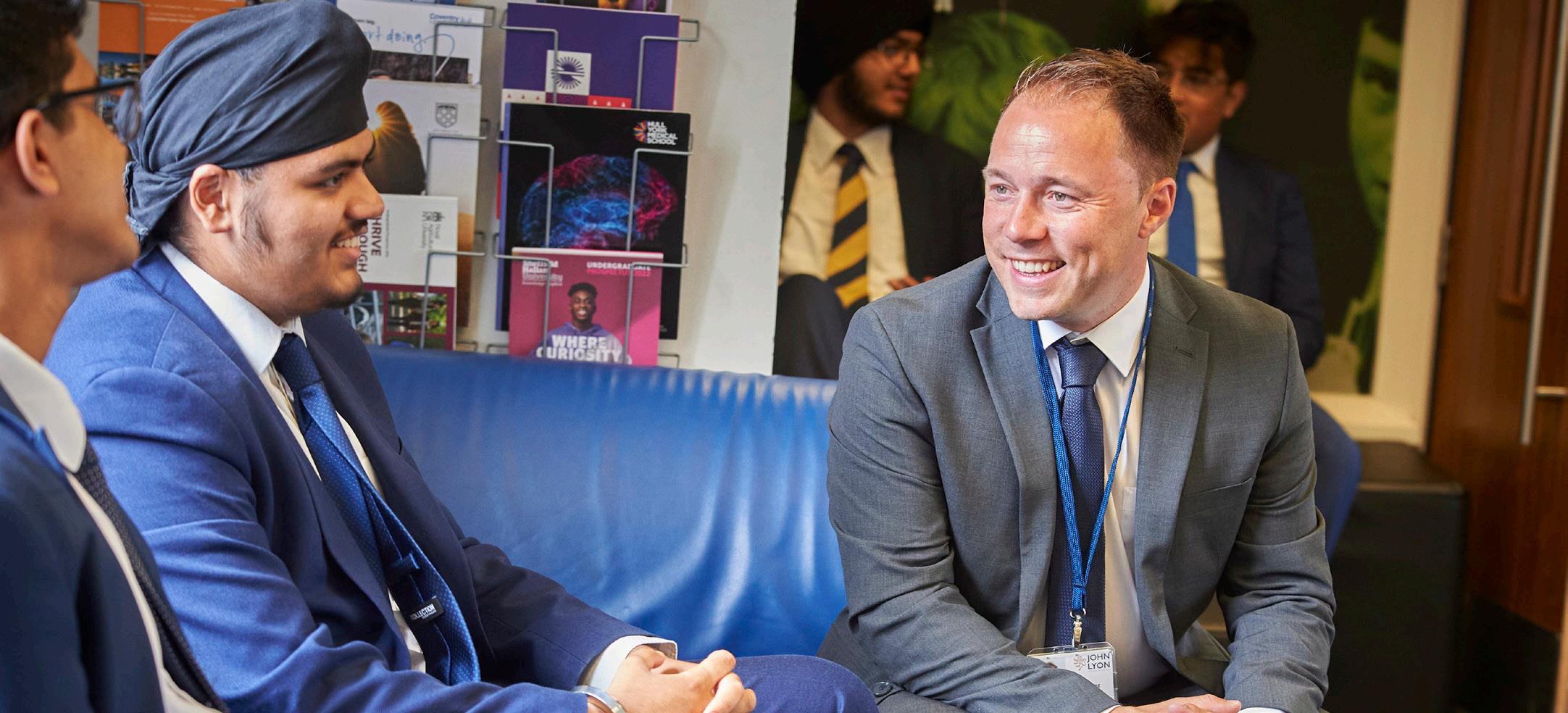
Modern Languages
First modern language in main area of study (eg French, or Spanish) required. A second modern language might be helpful and occasionally required.
Music Music required.
Natural Sciences
Three from Biology, Chemistry, Physics, Mathematics required, with very high grades essential. Further Mathematics might be helpful for Physics-based options. High grades in all other GCSE subjects.
Pharmacology Chemistry, with two from Biology, Physics and Mathematics required.
Philosophy
No specific requirements. A mix of arts and sciences useful.
Physics Mathematics and Physics required. Further Mathematics recommended.
Politics
Psychology
Social Studies
Theology
Veterinary Science
No specific requirements. History or Politics helpful.
Many courses require one or two sciences as well as Mathematics, but some arts-based courses have no specific requirements. A knowledge of statistics can be helpful.
No specific requirements. A knowledge of statistics can be helpful.
No specific requirements. One or more from a modern language, History, Philosophy might be helpful.
Chemistry and Biology typically required. Mathematics or Physics also preferred. Work experience essential. High grades in all other GCSE subjects.
Art and Design is the gateway subject into a career in the visual arts. A-Level Art and Design (Fine Art) introduces students to a wide variety of experiences exploring a range of media, processes and techniques. Areas of study include painting, drawing and mixed media, collage and assemblage, sculpture and installation, printmaking, animation, photography and video. A printmaking, photographic and animation studio is housed in AD3, as well as two purpose-built classrooms, a kiln room and photographic darkroom. Students are encouraged to use these facilities during free periods, lunchtimes and before school to develop their individual work. The sixth form have their own dedicated space to work outside timetabled lessons. A qualification in Art and Design demonstrates a student’s capacity to construct and develop a sustained line of reasoning from an initial starting point to a final realisation. It will also allow students to develop enquiry skills as well as the ability to modify and refine work as it progresses, visually presenting ideas and research.
Are there any special requirements?
A strong grade at GCSE Art and a real passion for the subject, demonstrating enthusiasm and commitment through a portfolio of work.
What could I do with Art and Design?
Studying Art leads to a better understanding of the visual world, allows students to develop their own visual language and gives them the capacity to make informed, critical judgements. Art can lead to a career in architecture, engineering, animation, product design, graphic design, fashion, fine art, film and television, publishing and many more.
Art and Design is the preferred A level for careers in the Arts however as an A level is will support any combination of subjects in a university application including Medicine, Law, Architecture and Economics.


We aim to help our students through the university entrance process, with workshops and portfolio presentation classes, and are proud of our students’ successes onto foundation courses or direct entry into university to study Architecture.
Our current Lower Sixth are studying: AQA A-Level 7202 Art and Design (Fine art)
“In art, Sixth Form pupils take insightful and highly personal approached to creative projects, producing wonderfully well-developed and expertly released portfolios.”
Biology is the study of life and living organisms. A-Level Biology is both challenging and stimulating, appealing to the logical thinker, and helping students understand the biological advances and discoveries being made around us. Students of Biology will gain a range of practical skills and techniques that will give them a firm foundation in any Biology-related field they wish to pursue to a degree level. There is assessed practical work, but no assessed coursework is involved.
Are there any special requirements?
Grade 7 at (I)GCSE Biology.
What could I do with Biology?
Biology is required for studies in Natural Sciences, Medicine, Dentistry, Pharmacology, Veterinary Science, Botany, Zoology, Physiotherapy, Psychology, Genetics, and other similar courses.
The A-Level course is held in high regard by universities and employers as it equips its students with a logical mind and many transferable skills, such as reasoning, problem-solving, and research skills alongside the ability to communicate ideas clearly.
Our current Lower Sixth are studying: AQA A-Level 7402 Biology
“Both older and younger pupils appreciate the benefit that subject-specific academic mentors bring themselves in lessons and extra-curricular clubs. Pupils in Year 7 were overwhelmingly positive about the support provided to them by the senior prefects in the first few weeks of September.”
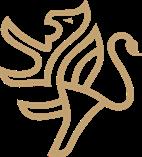
A-Level Business is a subject that aims to equip students with a theoretical and practical understanding of the world of business. Drawing from real-world examples, the course encourages students to think like an entrepreneur and

explores the processes needed to start, grow and maintain a successful business. The course focuses on four key departmental areas – marketing, operations, finance and human resources.
Are there any special requirements?
Grade 6 at both (I)GCSE Mathematics and English Language. The course makes use of both written and numerical skills.
What could I do with Business?
Business is a fantastic course that helps to develop students into ‘career-ready’ young adults. It provides students with a wide variety of options after their A-Level examinations and it equips them with a wealth of skills and knowledge that could lead to them becoming the next generation of entrepreneurs and managers. It also opens many options at university; students often go on to study Business Management, Finance, Marketing, Accountancy and numerous other Business-related courses at leading universities. MBAs are now seen as the commercial world’s PhD and A-Level Business is a great place to start.
Our current Lower Sixth are studying: AQA A-Level 7132 Business
Chemistry offers students the opportunity to increase their understanding of the physical world around them and gain insight into the importance of this vital science in our everyday lives. It gives students the ability to understand ‘how things
work’. Alongside the study of inorganic, organic and physical chemistry, the course offers a sound grounding in the relevant practical and analytical skills.
Are there any special requirements?
Grade 7 at (I)GCSE Chemistry.
What could I do with Chemistry?
Chemistry is an essential subject for degree courses in Chemistry, Chemical Engineering and Pharmacology. It is also a requirement for Medicine and Dentistry and for other courses in the life sciences. A-Level Chemistry is a good supporting subject for other areas in the physical sciences and engineering and can contribute to the understanding of both A-Level Physics and Biology. With its blend of theoretical, numerical and practical skills, its encouragement of logical thinking, academic rigour and the precise use of terminology, A-Level Chemistry is excellent training for many fields. Former John Lyon students have studied Pure Chemistry and its related subjects at the country’s top universities, and have gone on to a variety of successful careers in industry, commerce, law, accountancy, the military and the academic world.
Our current Lower Sixth are studying: AQA A-Level 7405 Chemistry

“He loved being a prefect. He loved wearing suits. They had their own sixth form building and it felt a very special experience. He had duties to look after the Year 7s, which he really enjoyed. The classes were really small so he felt he knew his teachers.”

The ultimate multidisciplinary subject with a unique blend of archaeology, art, art history, architecture, history, politics and literature. Moreover, in ancient Greece and Rome we explore the very foundations of Western civilisation. If you enjoy an epic story of ‘gods and monsters’, re-told over the ages; enjoy looking around museums and galleries; if you are fascinated by archaeology and ancient history; if you are drawn by history and politics, or perhaps simply want to explore the classics as ‘something different’, then this highly respected course is perfect for you. Learning will be facilitated by visits to the British Museum and galleries in Oxford and Cambridge, while optional study trips are planned to Greece and/or Italy.
While Latin and Greek are not required at (I) GCSE, a grade 7 at (I)GCSE English and/or a humanities subject is strongly advised.

What could I do with Classical Civilisation?
It is perfect for those students who will be pursuing a multidisciplinary approach in future studies, drawing on a wide range of themes and approaches. The different topic strands of the subject combine to provide the benefits of a much-praised ‘classical education’. Highly transferable critical and evaluative skills will be sharpened through the course, as will the ability to construct an argument and defend opinions with clear communication. A recent survey of employers has shown that Classicists are actively welcomed by a wide variety of professions: publishers, industrialists, accountants, bankers, civil servants and many others all praised the qualities shown by those who study Classical Civilisation. It works very well when taken in combination with History, English literature or Politics, but it can be successfully combined with many other subjects.
Our current Lower Sixth are studying:
OCR A-Level H408 Classical Civilisation
The study of Classical Greek at A-Level affords successful classicists the opportunity to go further and deeper with the language, its literature and cultural world. Students will explore timeless masterpieces in the written word and discover greater nuance in grammar and expression. Even more than Latin, Greek – not widely offered even in independent schools – sets candidates apart from the regular crowd. With regard to literature in particular, emphasis is placed on the appreciation of Greek texts within their literary, social and historical context. Candidates will develop a thorough understanding of literary technique and a variety of written genres, while enhancing their ability to translate and comprehend Greek of a truly sophisticated and challenging nature.
Grade 7 at (I)GCSE Classical Greek. What could I do with Classical Greek? Classicists are renowned for their intellectual curiosity and rigour; Greek is therefore prized as an A-Level qualification by a wide range of employers in such diverse areas as law, medicine, stockbroking, accountancy and journalism. More specifically, a Greek A-Level affords excellent preparation toward the study of Classics at university level, with obvious applications for research, teaching, archaeology and museum work. Repeated surveys indicate that classicists are looked upon with considerable favour by employers; it is recognised that the study of Classics implies the capacity for hard and careful work, a heightened sensitivity to the use of language and the ability both to comprehend and manipulate complex ideas.
Our current Lower Sixth are studying:
OCR A-Level H444 Classical Greek
Computer Science is a hands-on discipline that empowers students to put theoretical concepts acquired in academic settings into practical use within real-world applications. It fosters computational thinking, nurturing problem-solving abilities and system design skills. In addition to delving into the intricacies of computing systems, algorithms and programming, students embark on a programming project as evidence of their capability to dissect real-world challenges, craft solution, and assess their effectiveness. This project work may involve employing various programming languages like Python, JavaScript or C++.
These skills are becoming increasingly essential in our digital world.
Are there any special requirements?
Grade 7 at (I)GCSE Computer Science. If Computer Science has not previously been studied, a grade 7 in Mathematics (I)GCSE is required.
What could I do with Computer Science?
A-Level Computer Science will provide excellent preparation for students wanting to go on to study Computer Science at a higher level and will also provide a good grounding for other subject areas that require computational thinking and analytical skills, e.g. Engineering, sciences and digital arts/games.
Our current Lower Sixth are studying: OCR A-Level H446 Computer Science
The Drama and Theatre Studies course is designed for students to explore plays from the point of view of a director, designer, performer, and critic. It is both a practical and analytical course that will assess a student’s ability to interpret, realise and evaluate creative pieces of theatre and foster an appreciation for art and literature.The course looks to shape and develop a rounded individual with the ability to interpret the social, cultural, historical, and moral challenges of our time.
Are there any special requirements?
Drama and Theatre students will need to have
developed a series of performance and collaboration skills. Students should expect to write a formal record of their progress in a creative portfolio that documents the progression in ideas, themes, and dramatic influences so competent use of drama terminology is vital. A-Level Drama and Theatre extends on the foundation set in the iGCSE course with further opportunities to develop and refine their own perspective as young theatre makers. Participation in extra-curricular Drama and Theatre is also beneficial.
What could I do with Drama and Theatre Studies?

Through the study of Drama and Theatre, students will develop their imagination, creativity and attitudes and attributes contributing to a growth in their resilience, enthusiasm, and confidence. Through the varied range of performance opportunities, students will have an array of opportunities to develop their leadership and presentation qualities, and through a rigorous, problem-solving approach to rehearsal, will shape their independent learning habits and ability to collaborate effectively with others. Students will study a range of carefully selected

performance texts and will foster an appreciation for the arts, developing an empathic and rounded understanding of wider social, cultural, historical, and political issues. Drama and Theatre Studies will also allow students to hone a range of transferable soft-core skills that can be applied to many industries.
Our current Lower Sixth are studying: Edexcel A-Level 9DR0 Drama and Theatre
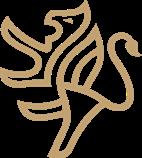
Economics is the study of how society copes with the ‘economic problem’ – the existence of unlimited wants and scarce resources. How do consumers, firms and governments make decisions regarding resource allocation? As a society, how do we decide who gets what? Should we prioritise tackling inflation, unemployment or growth? Should our railways be re-nationalised? Microeconomics is the study of individual markets. It explores how supply and demand interact to determine the price of goods and services, and the quantity produced and consumed. Macroeconomics focuses on broader economic issues that apply at a national and international level. Students will learn about concepts such as economic growth, recession, unemployment, inflation, exchange rates and the distribution of income. A keen interest
in current affairs will benefit students who wish to take A-Level Economics.

Are there any special requirements?
Grade 7 at both (I)GCSE Mathematics and English Language. Please note many degree-level Economics courses have A-Level Mathematics as an entry requirement. Potential candidates for undergraduate Economics at Oxbridge and LSE should seriously consider A-Level Further Mathematics.
What could I do with Economics?
A-Level Economics is a highly respected qualification that will strongly underpin applications for university and employment in a wide range of professions. It is often associated with the financial, administrative and business sectors of the economy. As Economics requires students to write fluently, think critically and apply mathematical techniques, it is often seen as a bridge between traditional and social sciences. Success in A-Level Economics suggests that a student is multi-dimensional, analytical and capable of developing a coherent argument.
Our current Lower Sixth are studying: Edexcel A-Level 9EC0 Economics A
This course involves the study of literary texts, novels, poetry and plays, from Milton to the modern day. Assessment is by examination (80%) and coursework (20%). Lessons are based upon discussion and the personal response of students is the focus of the course. Students will be expected to read widely, both around critical discourse and of other, similar, texts and genres to that on our reading list. Our approach to literature is thematic, exploring issues such as moral corruption, revenge, power, and the economic repercussions of the Empire. Students will be invited to articulate and develop their own responses to the authors studied ranging from Shakespeare, Fitzgerald, and the modern-day Andrea Levy. Students should expect to be stimulated, engaged, and challenged by the content of the course.
aspiring barristers and solicitors and provides the gateway for many creative degree subjects and respected professions. A pathway with English will also compliment traditional STEM courses to demonstrate well-roundedness and signifies a powerful communicator. A student who succeeds in English demonstrates that their communication and analytical skills are of the highest order. These skills are essential for success in any future career.
Our current Lower Sixth are studying:
OCR A-Level H472 English Literature
This course allows students to develop the language skills acquired at (I)GCSE through the study of a more advanced range of topics, including current trends and issues in French speaking society, alongside developing an understanding of French artistic culture and political life. Assessment tasks will be varied and cover listening, speaking, reading and writing skills.

Are there any special requirements?
Grade 7 at (I)GCSE French.
What could I do with French?
Are there any special requirements?
Grade 7 at (I)GCSE English Literature and grade 7 at (I)GCSE English Language.
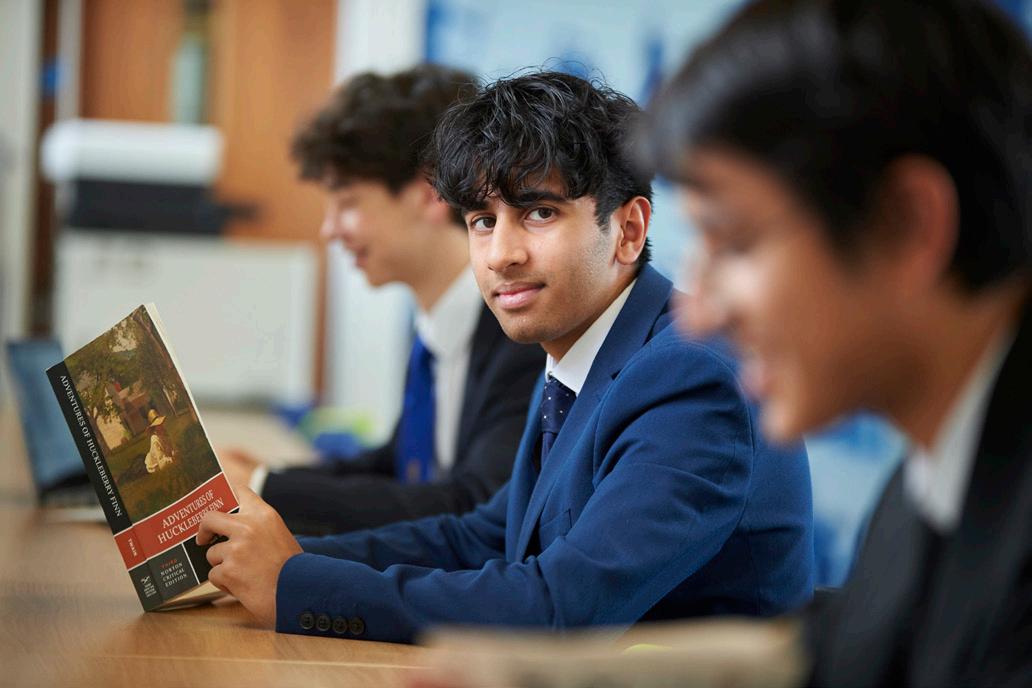
What could I do with English Literature?
English is respected by universities and employers because the subject rigorously extends a student’s rhetorical prowess, sympathetic imagination and demands both a breadth and precision of vocabulary. English can be studied alone at university or in combination with another subject, e.g., History or Politics. In Sixth Form, English complements any other subject. It makes a popular and useful course esteemed by law conversion courses for
An A-Level in a modern language is a highly respected academic qualification. It complements many areas of study, and Economics or businessrelated degrees in particular. Students will acquire a range of transferable and interpersonal qualities sought by many employers. Linguists are trained to think structurally, while essay writing gives them good practice in presenting focused arguments. Many language courses involve working cooperatively in groups and making formal presentations to an audience, the sort of teamwork and presentational skills that employers are seeking.
Our current Lower Sixth are studying:
AQA A-Level 7652 French
The School follows the AQA specification at A-Level, which is comprised of physical and human geography components, spanning the study of topics such as water/carbon cycles and global systems and governance. In addition to these components, students must complete an individual investigation project. In preparation for this non-examined assessment, students are required to complete four days of field work. This field trip takes place in the Lower Sixth and, depending on numbers, can be a residential trip or a series of day trips.
Are there any special requirements?
Grade 7 at (I)GCSE Geography.
Geography is a rigorous and well-respected subject at university level, flexible enough to be tailored to specific interests, yet broad enough to foster a wide range of skills needed for being successful as an undergraduate. Employers value the comprehensive computer, research and analytical skills that Geography degree students bring to work as employees. The breadth of Geography lends itself to an equally wide range of careers, including in public services such as national and local government, journalism or healthcare, through to private sector areas such as insurance, engineering, law and corporate social responsibility.
Our current Lower Sixth are studying: AQA A-Level 7037 Geography

History at A-Level represents the opportunity to study the past but also understand the present world. As well as learning about significant historical events and their social, political and economic context, History provides the opportunity to develop a range of valuable skills. The course comprises topics ranging from Tudor England and an in-depth study of historical interpretations, to Luther’s challenge to the Catholic Church, to race relations in US society. Through an independently researched assignment, students will develop skills in the analysis and evaluation of interpretations of history in a chosen question. Examinations are taken at the end of Upper Sixth, with coursework being completed by February half term in Upper Sixth.
Are there any special requirements?
History at (I)GCSE is preferred, although not mandatory.
Historians will finish the A-Level course equipped with transferable skills that are useful for further study and employment. Comprehending source skills of inference, cross-referencing and utility, as well as the ability to confidently construct a well-argued and cogent essay, are disciplines that lend themselves to a range of subjects and careers. Past students have gone on to study History, Politics, International Relations, PPE, Economics and Law.
Our current Lower Sixth are studying: Edexcel A-Level 9HI0 History

The study of Latin at A-Level affords successful classicists the opportunity to go further and deeper with the language, its literature and cultural world. Students will explore timeless masterpieces in the written word and discover greater nuance in grammar and expression. With regard to literature in particular, emphasis will be placed on the appreciation of Latin texts within their literary, social and historical context. Candidates will develop a thorough understanding of literary technique and a variety of written genres, while enhancing their ability to translate and comprehend Latin of a truly sophisticated and challenging nature. Students will not only acquire specific knowledge, but also important transferable skills such as analysing sources and developing independent, critical and evaluative approaches. They will learn to formulate and support an argument and gain a valuable understanding of a culture very different to their own.
Are there any special requirements?
Grade 7 at (I)GCSE Latin
What could I do with Latin?
Classicists are renowned for their intellectual curiosity and rigour; Latin is therefore prized as an A-Level qualification by a wide range of employers in such diverse areas as law, medicine, stockbroking, accountancy and journalism. More specifically, Latin A-Level affords excellent preparation toward the study of Classics at university level, with obvious applications for research, teaching, archaeology and museum work. Repeated surveys indicate that Latinists are looked upon with considerable favour by employers; it is recognised that the study of Classics implies the capacity for hard and careful work, a heightened sensitivity to the use of language and the ability both to comprehend and manipulate complex ideas. From the proven ability to write a well-structured extended response to the acknowledgement of the views of others and a
culturally sensitive approach to these, A-level Latin puts students in an excellent position to seek.
Our current Lower Sixth are studying:
OCR A-Level H443 Latin
Throughout the Mathematics course, students are expected to extend their powers of reasoning and insight in abstract frameworks; application to real-world problems may be relevant and exploited in order to make sense of the new mathematical structures and methods that are met.
Are there any special requirements?
Grade 8 at (I)GCSE Mathematics is advised
What could I do with Mathematics?
Achievement in Mathematics is seen by many employers as a mark of diligence, insight and intellect. Research by the Centre for Economic Performance at The London School of Economics found that “individuals with a Mathematics A-Level earn 7-10% more than otherwise similarly educated workers without this qualification.” Students who have achieved at A-Level can expect to find their skills valued and useful throughout their working life.
Our current Lower Sixth are studying:
Edexcel A-Level 9MA0 Mathematics
“Pupils are self-disciplined and show a keen awareness of how to improve academically. They attend subject-specific clubs in order to enhance their outcomes, as well as a wide range of music, drama and sports clubs.”

Further Mathematics students make the commitment to study a significant range of
mathematical techniques in great depth. They are the elite of young mathematicians and must be extremely well-motivated and capable of studying Mathematics both collaboratively and independently in order to keep up with the fast pace of the course.
Are there any special requirements?
Further Mathematics students would have reached set 1 in Mathematics by Year 11 and have been selected to complete the Level 2 Certificate in Further Mathematics. Separately, students must have achieved 90% or higher at (I)GCSE Mathematics.

What could I do with Further Mathematics?
Students typically progress to study Mathematics-intensive subjects in the best university departments. Indeed, some prestigious university courses will much prefer students with Further Mathematics qualifications.
Our current Lower Sixth are studying:
Edexcel A-Level 9FM0 Further Mathematics
This course offers the opportunity to develop musical skills and understanding. Through performing, composing and analysing music, knowledge and appreciation of the subject will deepen. We will study instrumental music (Haydn, Mozart and Beethoven); popular song (blues, jazz, swing and big band); instrumental jazz from 1910 to the present day; religious music of the Baroque
period; programme music (1820-1910); and innovations in music from 1900 to the present day.
Are there any special requirements?
It is useful to have taken (I)GCSE Music in order to progress satisfactorily to A-Level Music. Students considering taking Music should also be instrumentalists or singers of a reasonable standard (grade 6 minimum).
What could I do with Music?
Students who choose this course are usually serious about their music-making, as either performers or composers. The course complements a variety of other academic subjects and gives further insight into the history and development of a number of genres, alongside promoting good listening, analytical and creative skills to an advanced level. University and conservatoire music courses are available for those who wish to study the subject as a gateway into professional music as a performer, composer, teacher, arranger or musicologist.
Our current Lower Sixth are studying: OCR A-Level H543 Music
Music Technology offers the chance to explore alternative job roles within the music industry, from sound or recording engineer to music arranger or composer. Critical listening skills are developed alongside recording, sequencing and composition tasks. Music Technology A-Level
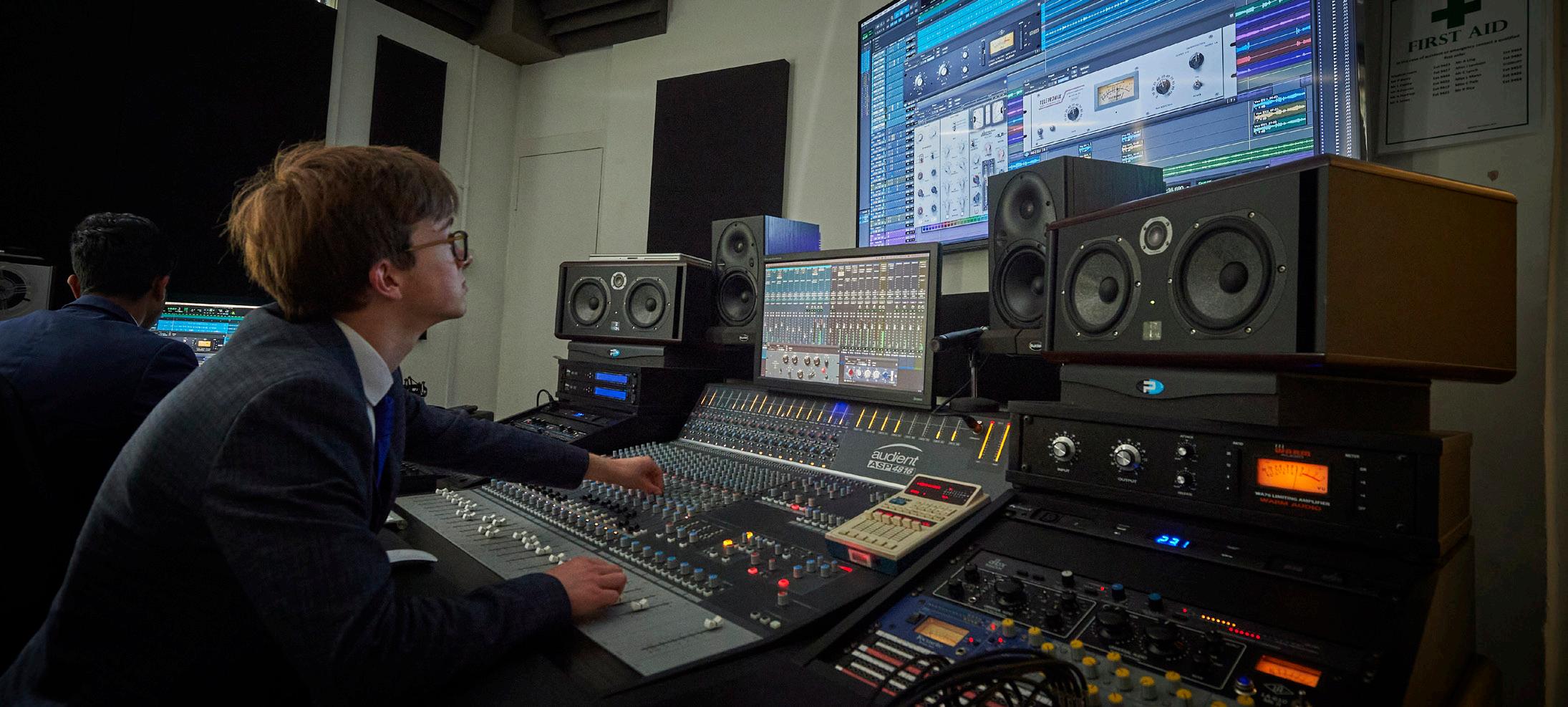
consists of two externally-examined papers and two non-examined assessment components, sat in the second year.
Are there any special requirements?
It is useful to have taken (I)GCSE Music to progress to A-Level Music Technology.
What could I do with Music Technology?
Music technology, like other forms of technology, advances rapidly. An A-Level in Music Technology provides opportunities to embrace recent developments in the field, equipping students with a skill set that will enable them to progress to higher education, or directly into the workplace. There are many career possibilities for those proficient in Music Technology, from sound engineering and record production, to film and computer-game composition.
Our current Lower Sixth are studying: Edexcel A-Level 9MT0 Music Technology
Philosophy is literally ‘the love of ideas’. This subject is ideal for students who enjoy wrestling with big questions that often don’t have answers, such as ‘Is the world really as it appears to us?’, ‘Are we born knowing anything?’, ‘How do we make moral decisions?’, ‘Is it acceptable to lie under certain circumstances?’, ‘Is the mind the same thing as the brain?’, and ‘Does God exist?’. We explore answers
suggested by some of the greatest minds in history. So, not only will studying Philosophy enlarge a student’s understanding of their own existence, it will also demonstrate to universities and employers the quality of their mind, showcasing the highly prized skills of constructing arguments, thinking logically and creatively and communicating ideas clearly.
Are there any special requirements?
Students do not need to have studied (I)GCSE Religious Studies and Philosophy. However, it is expected students will have at least a grade 7 in either (I)GCSE History, English Language or English Literature.

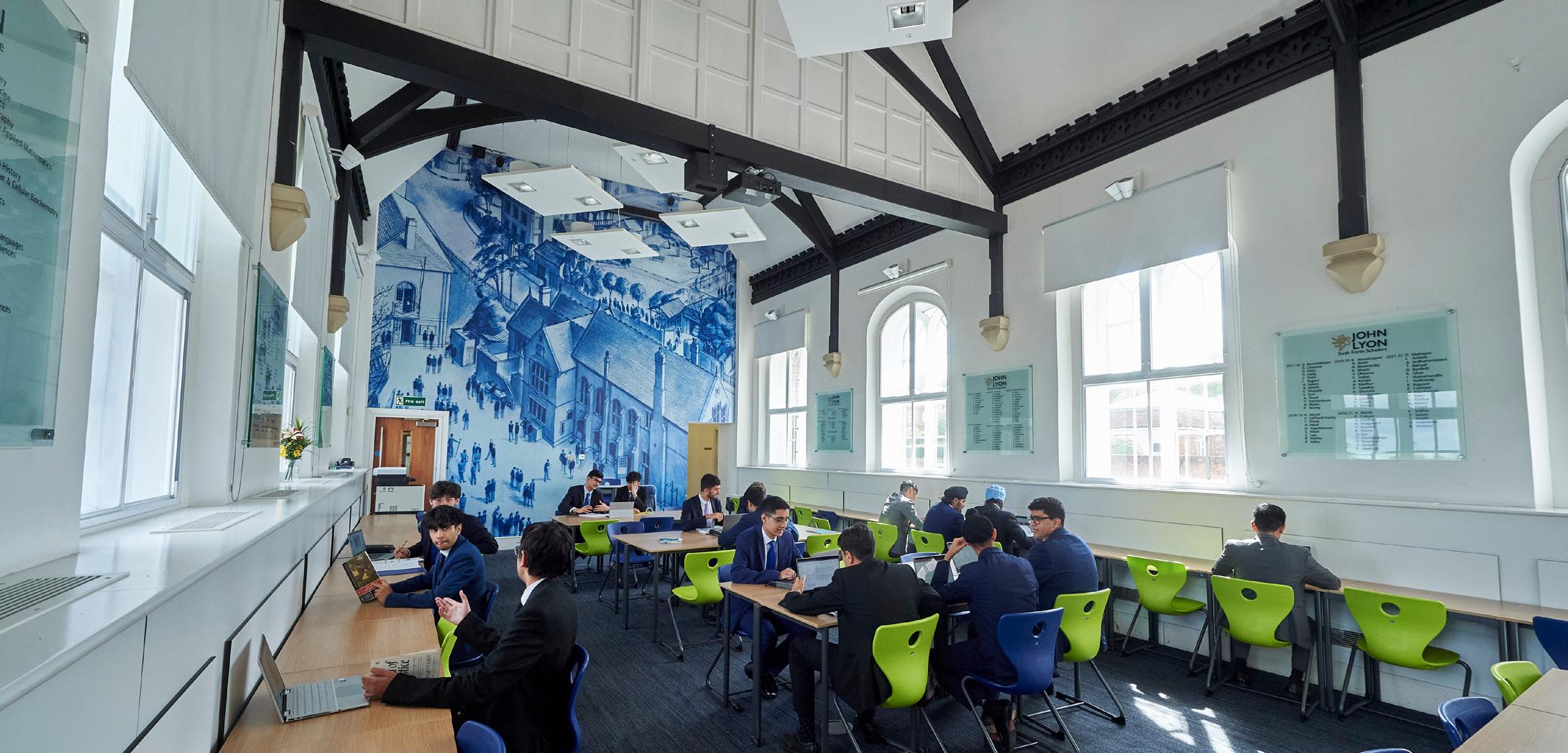
A-Level Philosophy is a highly respected academic qualification. Past students have gone on to read Philosophy, Theology, Religious Studies, PPE, Law, Medicine, Dentistry, Economics, English and many other subjects at Oxbridge and Russell Group universities. According to the Association of Graduate Careers Advisory Services, Philosophy graduates go into a wide range of careers including: law, medicine, psychology, education, politics, business and financial services, the civil service, journalism, publishing, broadcasting, advertising, film and media.
Our current Lower Sixth are studying: AQA A-Level 7172 Philosophy
Physics is an exciting and intellectually stimulating natural science. It is the most fundamental science and underpins other sciences and engineering. In our technological age, physicists are needed to understand and appreciate the complexities and subtleties of the physical world.
Are there any special requirements?
Grade 7 at (I)GCSE Physics and Grade 7 at (I)GCSE Mathematics. It is strongly advised that Physics is studied alongside A-Level Mathematics and that pupils have achieved at least Grade 8 at (I)GCSE Mathematics in order to grasp the mathematical content of the course.

What could I do with Physics?
Physics comes into every aspect of our lives. Physics is essential for engineering of any type; architecture, astronomy and meteorology. Recent past students have gone on to study Natural Sciences, Mathematics, Medicine, Economics, Architecture and Psychology. Potential career paths include academia, accountancy, industry, finance and business.
Our current Lower Sixth are studying: OCR A-Level H556 Physics
“Improvements include a sixth form centre, occupying the entire Victorian school house, which provides both learning and leisure space for older pupils.”
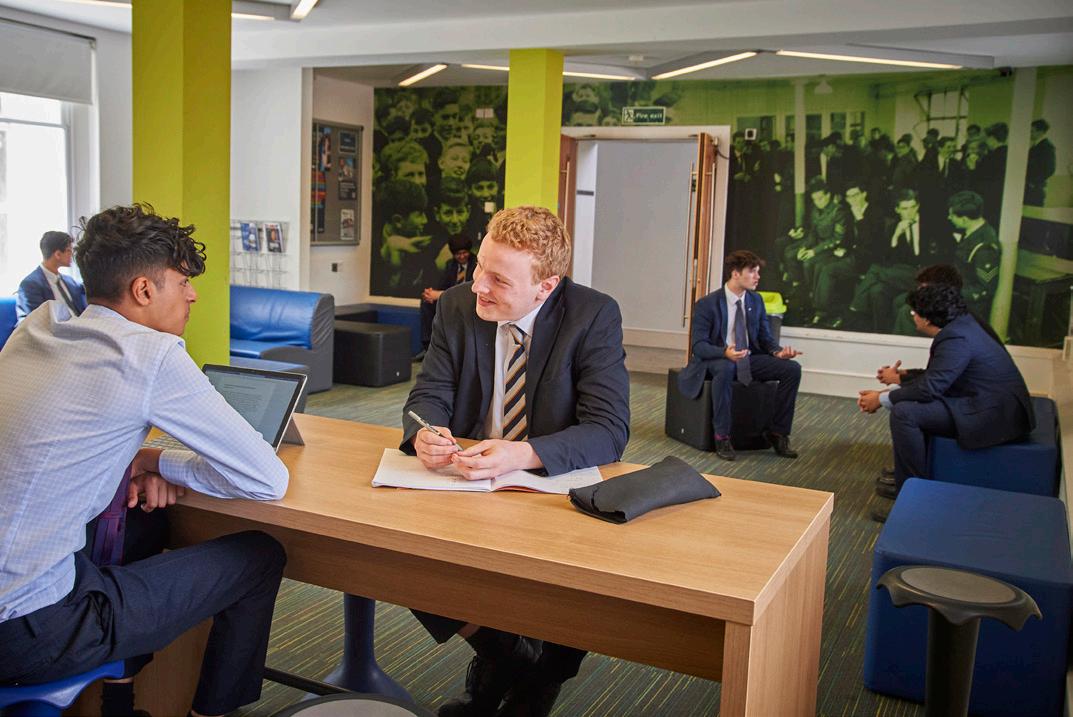
- Good Schools Guide
Politics will appeal to students who have an active interest in politics and current affairs, in the way in which Britain is governed, in how our democracy works and, not least, as global citizens, in how the world system operates. Alongside the study of UK government, politics and core political ideas, students will undertake a comparative study of US politics.
Are there any special requirements?
No specific requirements, although an aptitude in humanities at (I)GCSE would be useful.
What could I do with Politics?
Politics represents an attractive academic choice at A-Level and is well-respected by universities. The course aims to impart a wide range of transferable skills that will help students at university and beyond. Discussion forms a key part of Politics teaching and the ability to analyse, debate and discuss ideas as well as the ability to communicate effectively are important skills that are learnt. Past students have gone on to study Politics and International Relations, PPE, History, Economics, Journalism and Law at Britain’s best universities. Those with potential future careers in journalism, diplomacy or the civil service would find much of interest in the study of Politics. Those seeking employment in the Foreign Office, the security services and the armed forces would similarly find much benefit.
Our current Lower Sixth are studying: Edexcel A-Level 9PL0 Politics
Psychology is an interesting subject that provides us with a broad understanding of human and animal behaviour, looking at the external and internal processes associated with it. There are also many areas of interest that appeal to different people for various reasons. For example, while some are drawn to developmental psychology, others find social psychology fascinating because they are keen to know more about human interaction. Topics covered range from psychopathology to models of memory and social influence.
Are there any special requirements?
Grade 6 at both (I)GCSE English Language and Mathematics.
What could I do with Psychology?
Psychology A-Level is a useful subject that can be combined with other A-Level subjects for undergraduate studies in Law, Economics, Biology, Sports Science and Psychology, to name a few. Psychology also fosters strong links to the study of Cognitive Neuroscience and Neuroscience, which are becoming more popular due to recent and extensive research. Potential career paths include academia, recruitment and consultancy, mental health and counselling, marketing and education.
Our current Lower Sixth are studying:
AQA A-Level 7182 Psychology
This course allows students to develop the language skills acquired at (I)GCSE through the
study of a more advanced range of topics such as aspects of Hispanic society, artistic culture in the Hispanic world, multiculturalism in Hispanic society and aspects of political life in Hispanic society. Students study a film as well as a book that are related to a Spanish-speaking country, furthering their appreciation of aspects of Hispanic culture. Reading, translation, listening and speaking skills will also be honed and assessed.
Are there any special requirements?
Grade 7 at (I)GCSE Spanish.
What could I do with Spanish?
An A-Level in a modern language is a highly respected academic qualification. It complements many areas of study, and Economics or businessrelated degrees in particular. Students will acquire a range of transferable skills that will equip them for many different disciplines.

Our current Lower Sixth are studying:
AQA A-Level 7692 Spanish
